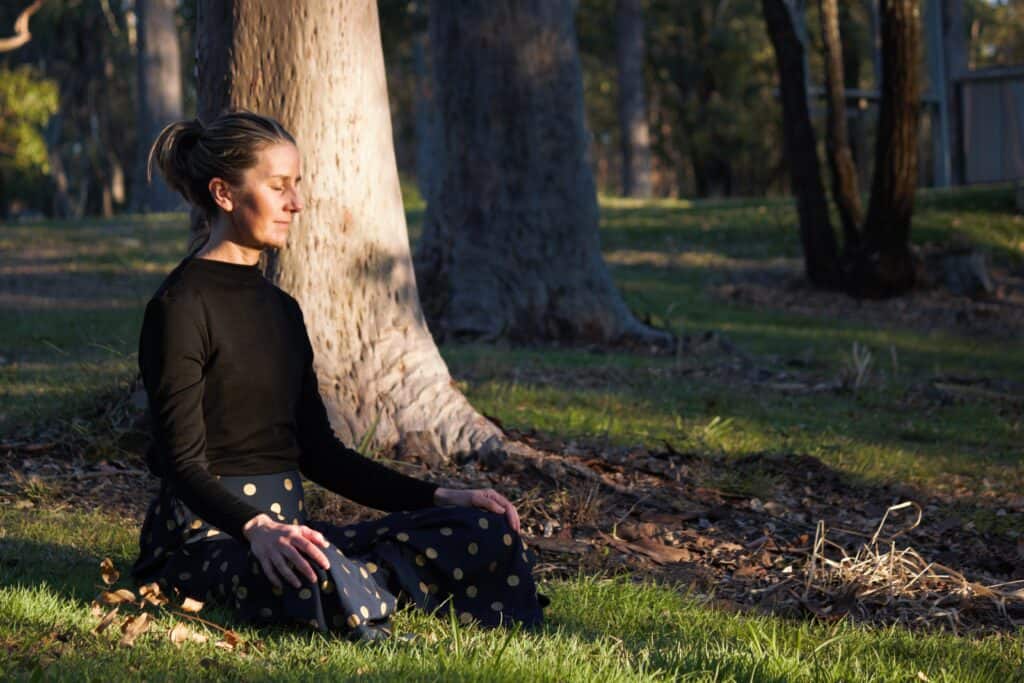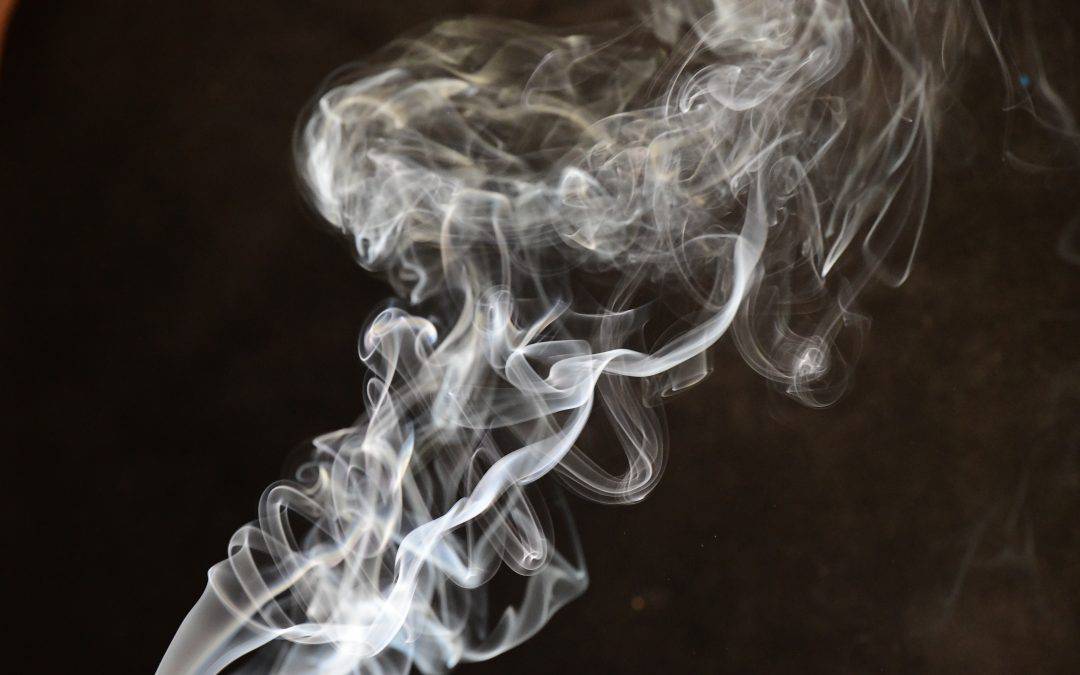With an internal approach to life we retain focus on what is going on with ourselves and our own lives, as opposed to having a focus that is entirely outward, beyond ourselves.
From the very beginning of life, humans are encouraged to focus on the external, to look at, listen to, smell, touch and respond to everything that is going on externally. Focusing externally has become the usual way of operating for most people. From the moment we open our eyes in the morning to the moment we close them at night, our focus is constantly outside ourselves. Life is an ongoing process of following our eyes outward, listening for any sound in the external environment and keeping our minds focused on what is happening externally. Our consciousnesses are always outside, so we are constantly getting ourselves involved in external situations of all sorts. For example, when you are watching TV, do you become so engrossed in this external activity that you lose your self-awareness? Or when you are talking to your partner or your children, do you put your focus entirely on the other person and react automatically to that person? Or do you retain an awareness of where your own responses are coming from – do you notice what is happening inside your body and to your Qi during this interaction?
Outward orientation of our senses is a natural instinct and is clearly a necessity for survival and development, so why am I talking about it in a negative way? The downside is that the early establishment of a strong pattern of focusing externally compromises our ability to focus internally. In the present era there is hardly any encouragement for using or developing this ability, so that our focus is almost exclusively on the external. Let’s look a bit further at why this is a problem so that we can understand the importance of taking an internal approach.
What does an external orientation do to Qi in the body? The consciousness is the master of Qi – and there is an old saying in Qigong: ‘Wherever the consciousness goes, Qi follows.’ (意到氣到) The result of the consciousness constantly going out is that Qi constantly goes out also. Have you ever wondered why it is you can feel exhausted after window-shopping for a few hours? Or have you experienced feeling exhausted after chatting with a friend for a couple of hours? The explanation lies with your external focus. With these activities, the focus is likely to be 100% external, so a lot of Qi is lost.
When we live every moment of our lives in an externally oriented way, Qi is going out all the time. Even though there are various ways we can replenish it, for example, eating and sleeping, over time we are likely to find our Qi condition deteriorating. In general, the amount of Qi needed for this way of living will exceed the amount we recover. As the Qi condition directly impacts on physical health, it is very likely that health problems will arise. This is not a sustainable way of living.
When the consciousness constantly focuses on the external, it will affect itself in a negative way. Firstly, when it is deprived of the Qi it needs to nourish itself, it becomes less stable and clear and cannot carry out its functions properly. Secondly, its development can be seriously affected. I am referring here to the process of making positive changes for growth and development. Such change requires a calm, relaxed and natural state, in which the consciousness is unified with Qi and the body. In this state, the consciousness can develop clarity and gain true understanding. Think what this might mean for your health and life. When the consciousness is constantly externally oriented, the chances of getting into a calm and unified state are very limited, so development of the consciousness is unlikely.
An external approach is not so effective when we wish to live a meaningful and fulfilling life.
We humans have a need to find meaning in life and in what we do, and satisfying this need is vital for our wellbeing. We want life to be valuable and worthwhile, but invariably we try to achieve this through an external approach. We have a pattern of basing our evaluation of our worth and our behavior on the opinions of others, gaining confidence when they are complimentary. We want to be seen by others as ‘good’ or ‘right’.
What is the problem with this approach? When we seek fulfillment externally, we are focused on meeting other people’s expectations and these expectations are based on their judgments of what is good or what is right. How do they form these judgments? By using their own value systems, views on life and habits and patterns. When we seek approval and recognition from them, we are taking on their values, views, habits and patterns as our own. Why is this a problem? Because most people’s views and values leave a lot of room for improvement, and usually their habits and patterns will be flawed and unhealthy. Basing our efforts to find meaning and value in life on judgments that are essentially flawed is unlikely to have an outcome that is good for our health and life, so there is little chance we will find fulfillment this way. More likely, we will be destined to continue our search.
Looking externally for solutions to our problems is another common pattern, one that has a far-reaching impact on life as it can severely limit our progress in dealing with our problems and improving our lives. This pattern is so strong and so deeply ingrained that many people are not even aware of it. It seems like a natural response to any difficult situation. We go externally to find causes for anything and everything that is not working the way we want. For example, when we feel gloomy we can convince ourselves it is because the weather is miserable. Often, we blame other people for our own suffering. Have you noticed that when there is a conflict it is invariably someone else’s fault? Why are there so many conflicts in the world? One of the reasons is that we usually think someone else is to blame. If everyone thought that he or she should be the one to make change, there wouldn’t be conflict in the world. Even when we can see that we have ourselves played a part in causing a problem, we try our best to find excuses or to justify our behavior. We never seem to be short of ‘good’ reasons for minimizing our culpability.
When it comes to health, we humans excel at looking for causes and solutions externally. What do most people do when they realize they have health problems? They look for the possible causes and find many – the food they eat, the water they drink, hazards in the environment, people in their lives, their work, their lifestyle, and so on and so forth. I am not saying these factors are not important. All of them can certainly play a part in our health problems, and we should do our best to minimize the negative impact they may have on life. However, changing only external factors will not usually be enough to eradicate health problems, no matter how much effort we invest in this direction.
People with health issues often not only look for causes externally; they also seek help externally. They go to their doctors and take the medications the doctors prescribe. If this doesn’t work well enough, they continue their search for help, trying different therapies and treatments and taking various remedies and supplements. Sometimes they get better, but more often this external approach doesn’t deliver the cure they are seeking. Again, I am not saying that people who have health problems shouldn’t seek help. I do think it is often necessary for people who are unwell to get professional help. However, relying solely on external help is probably going to lead to disappointment.
The last thing we want to do when things don’t go as we’d like them to is to look honestly at ourselves to see if there is a need to do some work.
Yet this is the thing we need to do most! It is so much easier to blame someone or something else or to look for something or someone to solve our problems for us. But how does this approach work out in reality? It only aggravates and complicates our problems, and it creates more problems. In the end, we must take responsibility ourselves if we want to deal with the challenges in our lives effectively.
Given that an external orientation of the consciousness is one of the causes of our problems in life and that the solutions we find externally cannot fully resolve problems, what should we do? No matter what the problem and no matter what external means we add to our arsenals, taking an internal approach is essential. This can be accomplished by making a concerted effort to maintain a connection with the internal and continually stabilizing and strengthening this connection. One of the main reasons that the consciousness is directed inward in our Qigong practice is so that Qi is gathered in but then does not leave the body. ‘When Shen returns to the body, Qi will automatically come back.’ (神返身中氣自回) – and this strengthens our ability to stay internal.
One simple way to stay internal is to draw the vision back to deep inside the head. It is only by redirecting the focus in this way that we can enter the calm, relaxed, natural and unified state in which we can work internally on the real causes of our problems – the causes on the consciousness level – so that healing of Qi and the body can take place.
When we work on life internally, we will see that all we need for a happy, healthy and fulfilling life is inside ourselves. We are fully capable of achieving such fulfillment if we decide to make the effort and if we use our internal resources properly. All the treasures we need are inside. The more we go inward, the more we will see them and the more they will shine.
This is an excerpt from Yuan Tze’s book Wellbeing Begins with You – if you would like to explore Ren Xue further this book is a great resource for getting an overview of the system, as well as for going deeper. You can purchase it here on our Learn REN XUE website – https://learnrenxue.org/product/wellbeing-begins-with-you/



